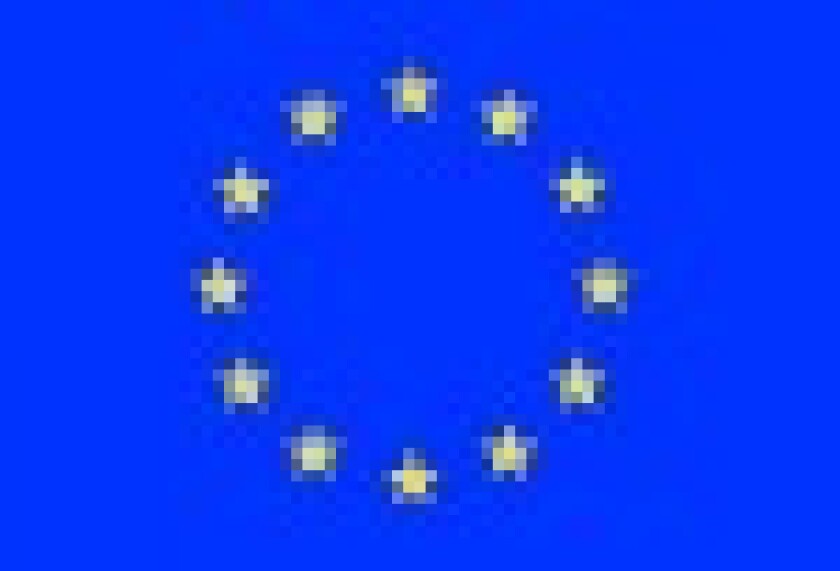The consultation will run until May 30 2012 and concerns cases where the (direct) tax rules of two countries combined lead to non-taxation. Parties are invited to provide factual examples (which may be done anonymously) and suggestions on ways to tackle double non-taxation, for instance, according to the Commission:
Legislative approaches (such as closing loopholes and stopping mismatches);
Increased information measures (such as rules on disclosure to the tax authorities);
Good governance rules (such as soft law agreements between member states or exchange of good practices).
The Commission has made a questionnaire based on various sources including international tax literature, articles and lectures with a (non-exhaustive) list of examples where double non-taxation could occur:
Mismatches of entities (hybrids);
Mismatches of financial instruments;
Application of double tax conventions leading to double non-taxation;
Transfer pricing and unilateral advance pricing arrangements;
Transactions with associated enterprises in countries with no or extremely low taxation;
Debt financing of tax exempt income;
Different treatment of passive and active income; and
Double tax conventions with third countries.
Background
This development is closely connected to the debate on aggressive tax planning. EU Tax Commissioner Algirdas Šemeta's line and that of many MEPs is that aggressive tax planning is perhaps not illegal but it is definitely undesirable.
The EU's Code of Conduct Group on business taxation has been discussing the issue of PPLs and hybrid entities for some years now, and has reached broad consensus that this issue reflects inefficiency in the internal market and has asked the Commission to come forward with a legislative proposal in 2012. The consultation is a first step and serves to gauge the full scale of this issue.
In an annex to its 2012 Annual Growth Survey, the Commission acknowledged that member states have to consider revenue-raising measures. Better tax coordination at the EU level will play a role in this context and the avoidance of double non-taxation has an enhanced importance in the present economic crisis. The European Council conclusions of June 24 2011 asked the Commission to ensure the avoidance of harmful practices and proposals to fight tax fraud and tax evasion.
Way forward
Based on this consultation, the Commission will determine the most appropriate and effective measures to prevent double non-taxation and come forward with solutions before the end of 2012.
Bob van der Made (bob.van.der.made@nl.pwc.com), Brussels and Amsterdam
PwC
Tel: +31 88 792 3696
Website: www.pwc.com










